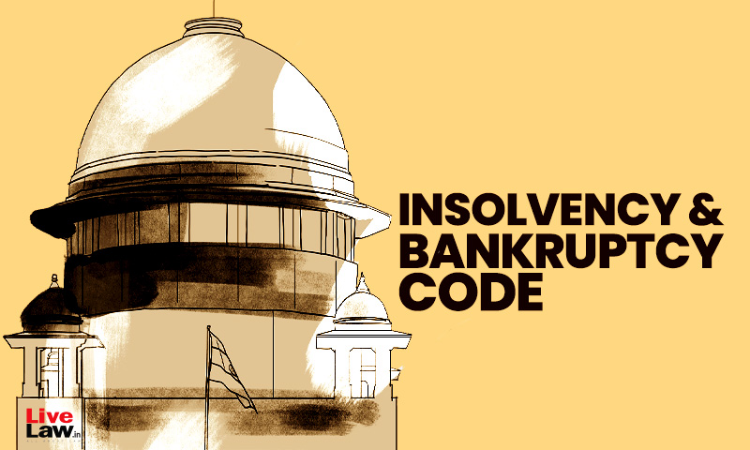The Supreme Court on Tuesday (October 31) dismissed a batch of review petitions filed against a 2022 judgment which held that the definition of a secured creditor under the Insolvency and Bankruptcy Code (IBC) 2016 included any government or governmental authority and that a resolution plan which ignored dues to the government was liable to be rejected.A bench comprising Justices AS Bopanna...

